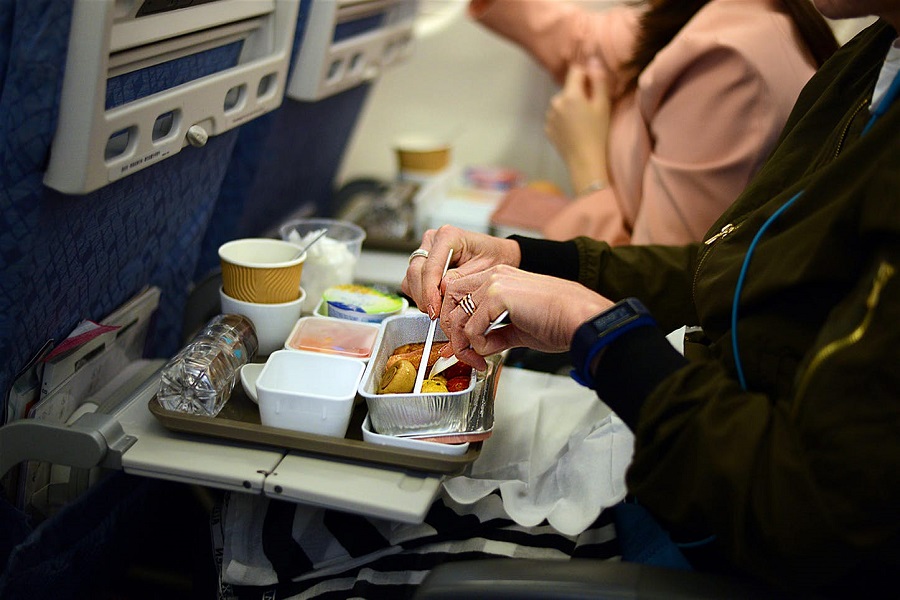Plastic’s devastating effect on the environment is making ever bigger headlines, yet our pledge of plastic free living is often forgotten on holiday when the convenience can be particularly tempting.
Packing a reusable water bottle and carry bag is a step in a more sustainable direction, but there are many more ways to reduce plastic pollution as a traveller. Here’s how.
Opt for sustainable hotels and eco-friendly accommodation
Hotels committed to sustainability make it easier for you to avoid plastic by providing filtered water for your own bottle (some also provide reusable bottles if you forget your own) and offering an alternative to plastic straws at the bar. To combat the waste created by single-use shampoo bottles, an increasing number of hotels are also providing products in reusable dispensers – many hotel brands, for example, have vowed to replace mini toiletries with wall-mounted dispensers.
Pack plastic-free travel kit
With an estimated one billion plastic toothbrushes ending up in landfill in the US alone every year, biodegradable bamboo toothbrushes are a brilliant alternative. Cotton buds with plastic stems are also extremely destructive, with billions ending up in landfill around the world every year, and millions more flushed down toilets, from where they travel to the ocean. If you’re in the habit of storing your hiking boots and dirty clothes in plastic bags when you travel, consider reusable packing cubes instead – many outdoor clothing brands sell them.
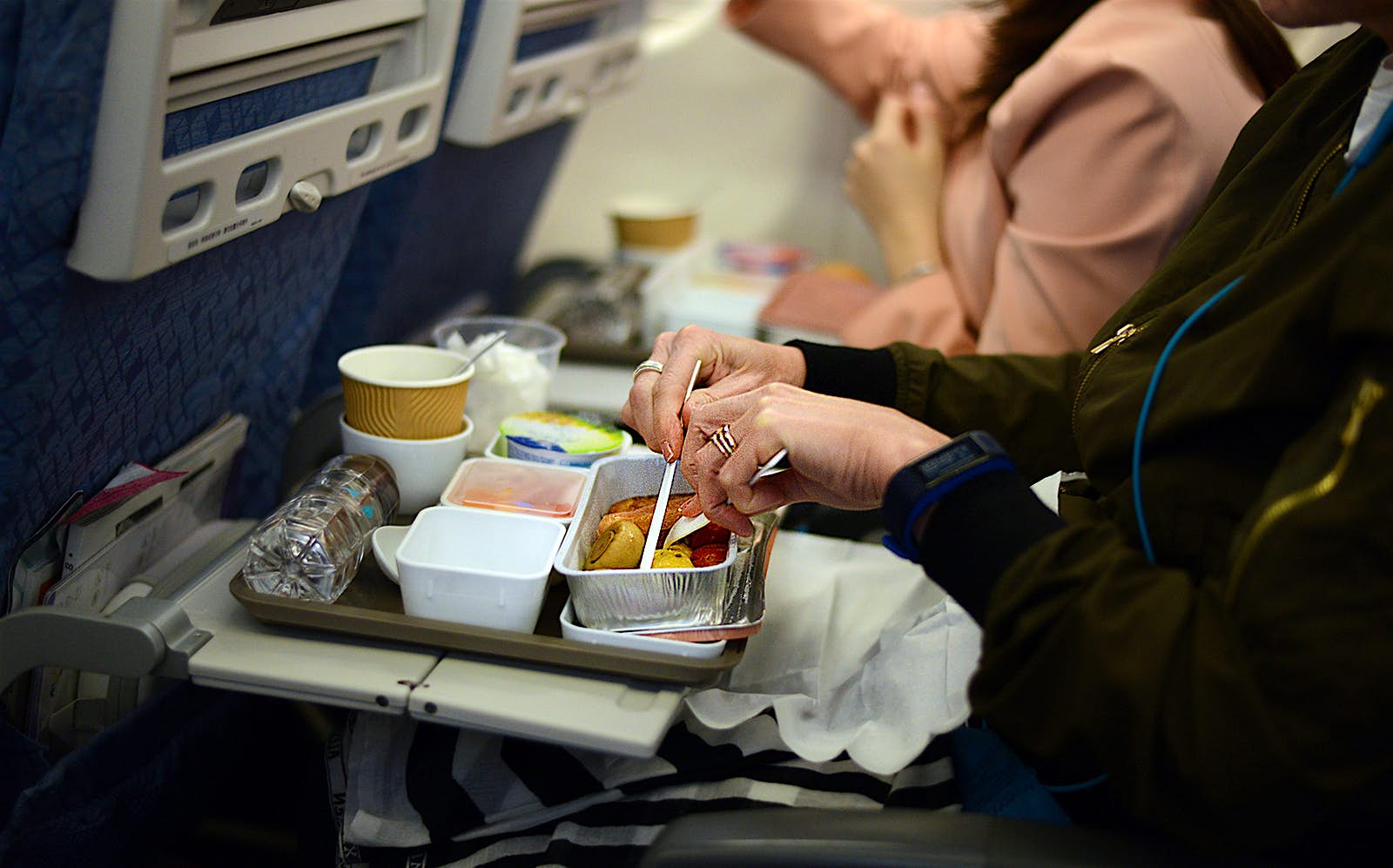
Fly smart
The environmental cost of flying is damaging enough, but many airlines also use unnecessary plastic during in-flight services. As well as asking the crew to refill your reusable bottle during the drinks service, refuse individually wrapped refresher towels, and request drinks sans plastic stirrers. Should you forget your own bottle, hang on to the same cup for the duration of your flight. You may also wish to support airlines working to limit their use of plastic, such as Qantas which has pledged to be plastic-free by 2020 while budget European carrier Ryanair has set a similar plastic-free goal with the deadline of 2023.
Choose responsible tour operators
With the right tour operator, you can feel confident your provider is committed to reducing any negative impact a trip might have on the destinations you visit. This includes helping to minimise your use of plastic, from supplying reusable bags and potable water to serving boxed lunches in reusable or compostable packaging. For more info on how to identify responsible tour operators, check out our guide to choosing a responsible tour operator.
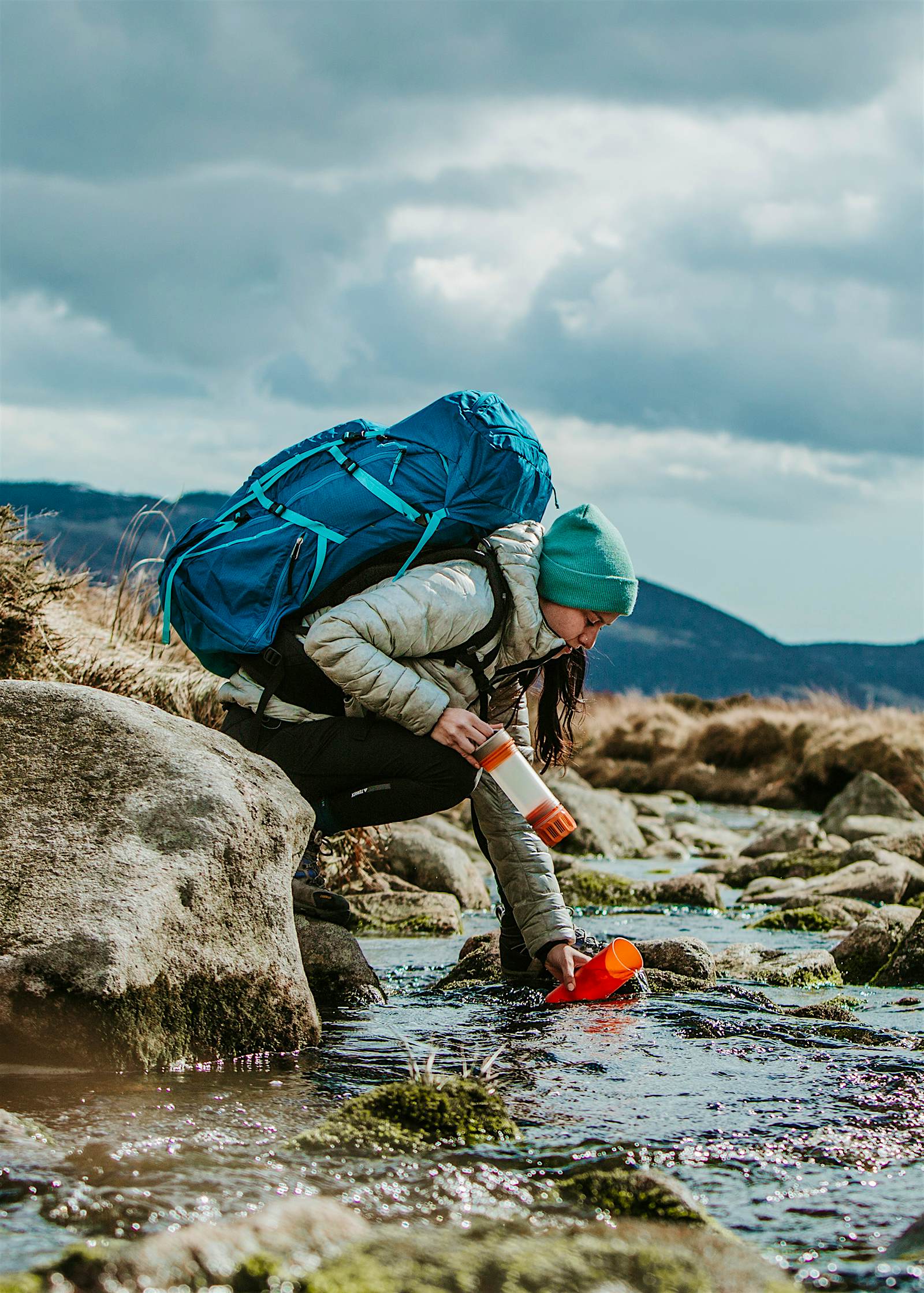
Invest in a water purification device
A lack of clean drinking water in your destination is no longer an excuse to rely on plastic bottles. There are loads of water purification options on the market, from filtration bottles such as the GRAYL, which can purify 150 litres of water with every cartridge, to the SteriPEN, which uses ultraviolet rays to zap the nasties in one litre of water in 90 seconds. The harsh taste of water purification tablets can be masked by vitamin C effervescent tablets.

Overhaul your menstrual products
With the average woman using around 10,000 individual menstrual products throughout her lifetime, the effect on the planet is huge. Organic cotton tampons are the most eco-friendly option, but if you prefer pads, try to avoid individually wrapped items. Reusable menstrual cups such as the DivaCup, Lena Cup and Lunette are even more sustainable, as they can be rinsed and reused for more than a year until they need to be replaced.
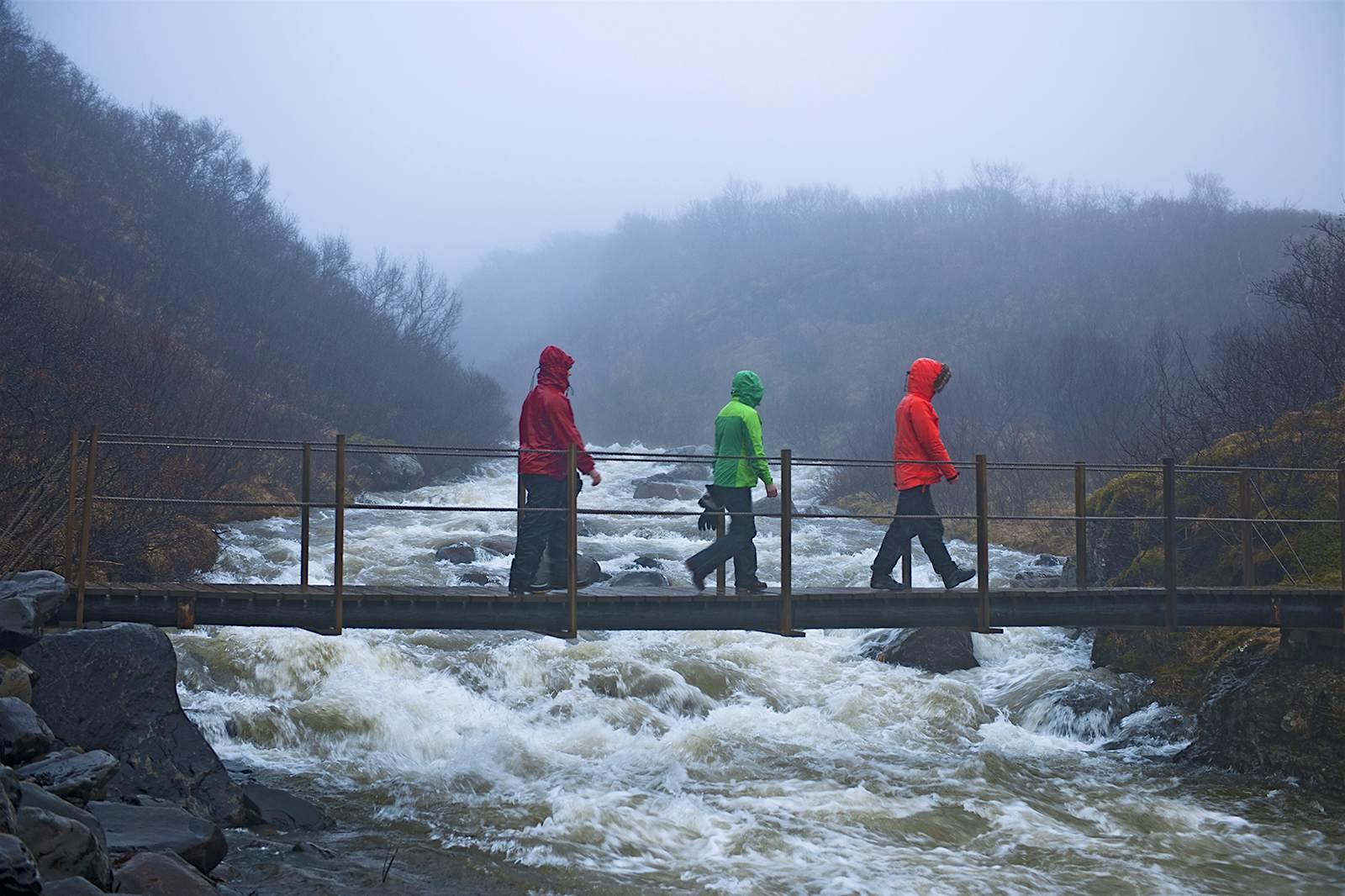
Wear good quality, low-impact travel gear
Technical travel clothing often contains harmful plastic microfibres that end up in the ocean after you wash your clothes. Fortunately, many companies now avoid this by making gear from sustainable, eco-friendly fibres, or alternatively create clothes out of reused plastic. Well-made garments also tend to last longer, which also helps to minimise plastic use. Read your favourite brand’s sustainability policy on their website before your next purchase; if it doesn’t have one, chances are the company is not aligned with the principles of sustainability.
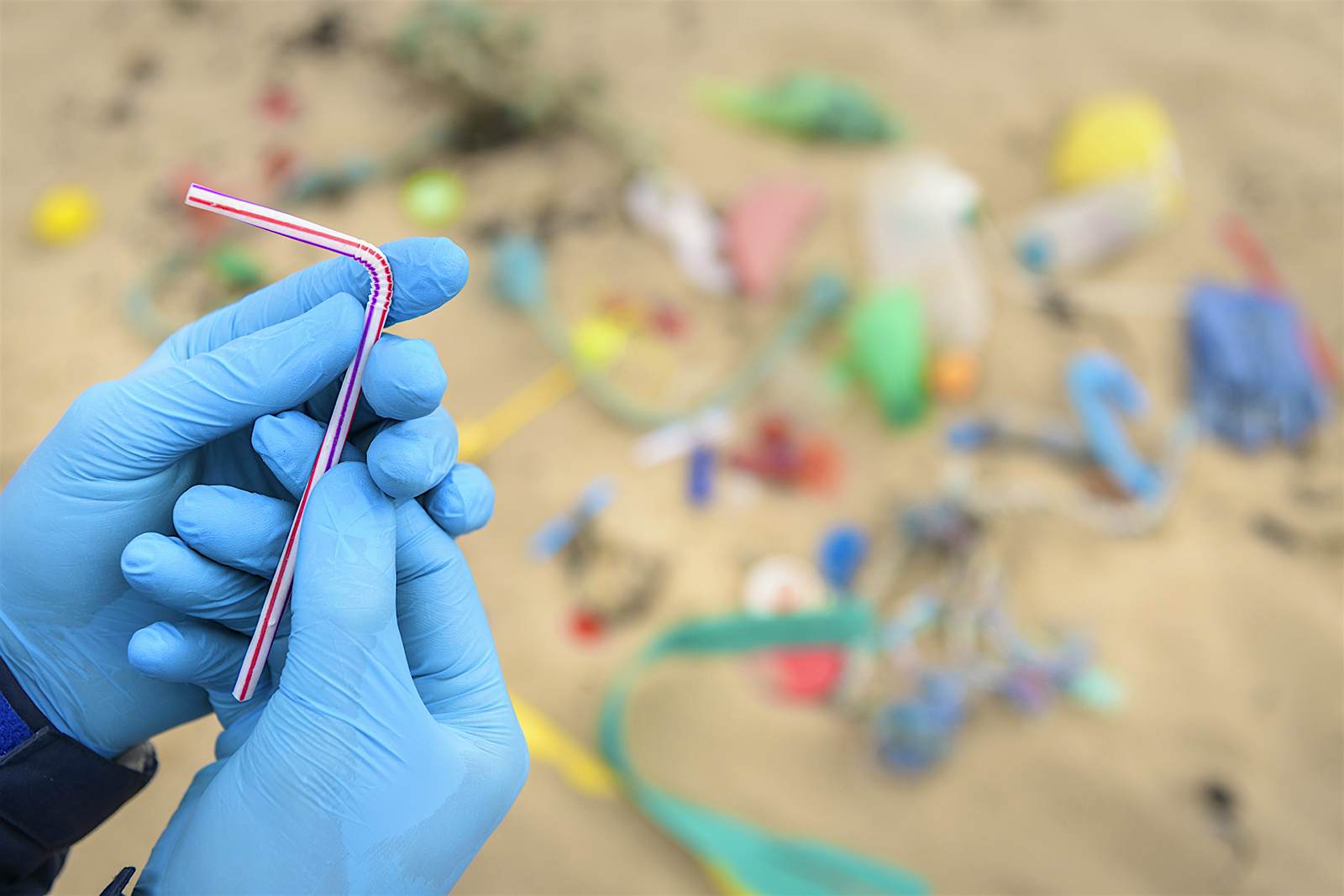
Start plastic-free conversations with local businesses
Instead of just ordering your holiday cocktail without a plastic straw, talk to the bar manager or, even better, the owner, and suggest they consider investing in a biodegradable alternative such as paper or bamboo straws (or bio cups instead of plastic cups). They might not even be aware of the environmental benefits of doing so. Where you can, support businesses making an effort to reduce plastic waste.
BYO reusable utensils
If you love to eat at markets and grab takeaways on the road, you’ve probably contributed your fair share of coffee cups, plastic containers and utensils to landfill (or the ocean). Limit your waste by investing in a reusable cup, bowl and cutlery set, and keep it in your daypack. Many gear brands – such as Sea to Summit and Kathmandu – sell lightweight and compressible options. You’ll still have to wash them, but if you have purified water at your disposal, it’s a minor inconvenience.
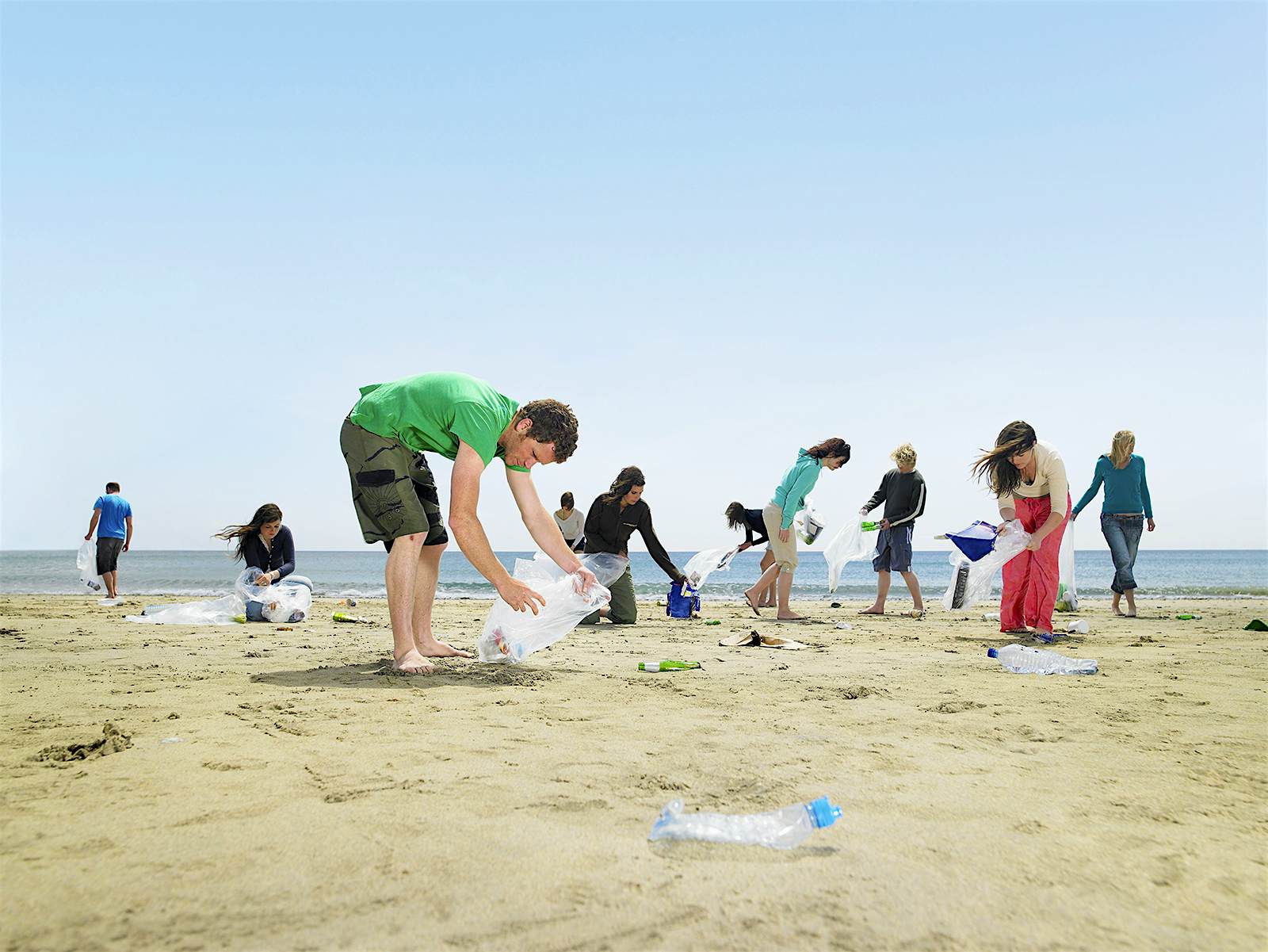
Join a local clean-up
Give something back to the communities you visit by joining a beach or wilderness clean-up, or take the initiative and rally fellow travellers to perform your own. Local dive centres regularly host clean-ups on Indonesia’s Gili Islands, and there is always a clean-up to be found at popular Australian beach destinations such as Sydney and Byron Bay – search Facebook Events for upcoming clean-ups in your destination.
Shop locally
Supermarket chains are notorious for packaging food items in unnecessary plastic. You can avoid some of this by shopping at fresh produce markets (don’t forget your own reusable carry bag). Same goes for handicrafts – purchasing plastic-free goods directly from artists saves on the plastic packaging typically used to transport goods. And it benefits the local economy, too.
Source: lonelyplanet

